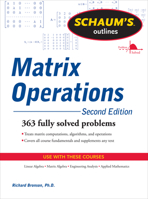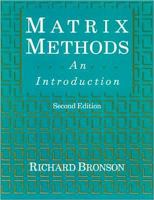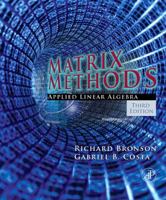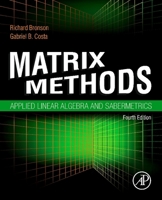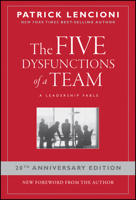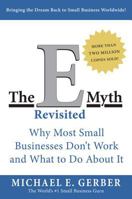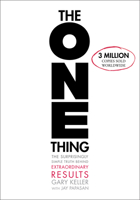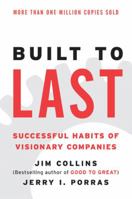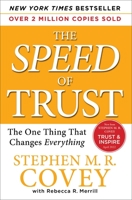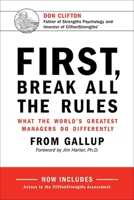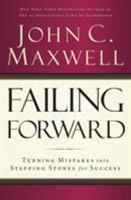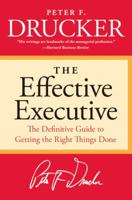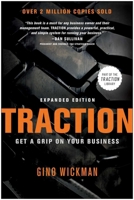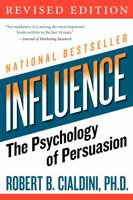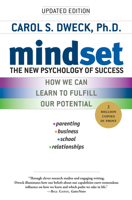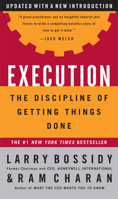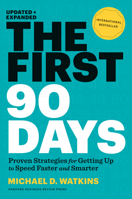Linear Algebra: Algorithms, Applications, and Techniques
Select Format
Select Condition 
More by Richard Bronson
Book Overview
In this appealing and well-written text, Richard Bronson starts with the concrete and computational, and leads the reader to a choice of major applications. The first three chapters address the basics: matrices, vector spaces, and linear transformations. The next three cover eigenvalues, Euclidean inner products, and Jordan canonical forms, offering possibilities that can be tailored to the instructor's taste and to the length of the course. Bronson's approach to computation is modern and algorithmic, and his theory is clean and straightforward. Throughout, the views of the theory presented are broad and balanced and key material is highlighted in the text and summarized at the end of each chapter. The book also includes ample exercises with answers and hints. Prerequisite: One year of calculus is recommended. This description may be from another edition of this product.
Format:Paperback
Language:English
ISBN:9351071790
ISBN13:9789351071792
Release Date:January 2013
Publisher:Elsevier India
Weight:1.78 lbs.
Dimensions:1.6" x 5.5" x 7.9"
Related Subjects
Business & Management C# Computer Science Computers Computers & Technology Education & Reference Home Computing & How-to Languages & Tools Object-Oriented Design Operating Systems Programming Programming Languages Software Design & Engineering Software Design, Testing & Engineering Software Development Visual BasicYou Might Also Enjoy
Customer Reviews
5 customer ratings | 5 reviews
There are currently no reviews. Be the first to review this work.














